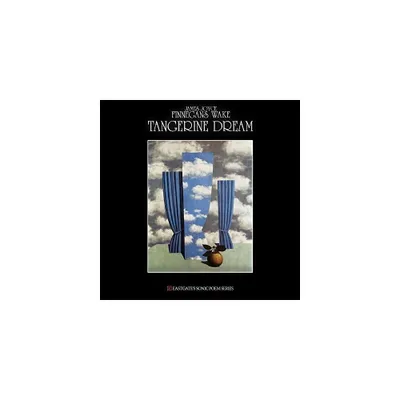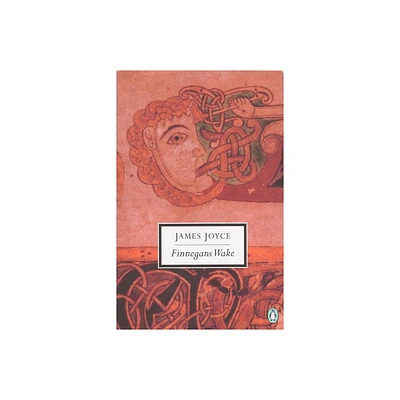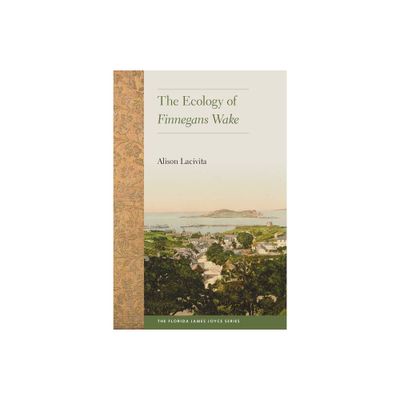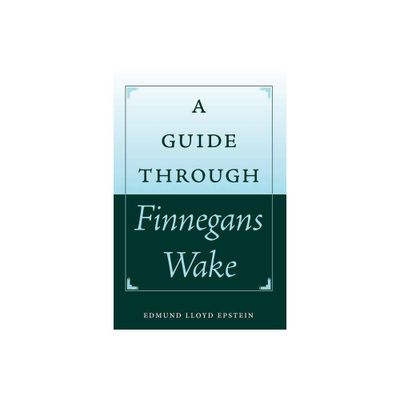Home
Joyce's Finnegans Wake: The Curse of Kabbalah: Volume 2
Loading Inventory...
Barnes and Noble
Joyce's Finnegans Wake: The Curse of Kabbalah: Volume 2
Current price: $29.95


Barnes and Noble
Joyce's Finnegans Wake: The Curse of Kabbalah: Volume 2
Current price: $29.95
Loading Inventory...
Size: OS
*Product Information may vary - to confirm product availability, pricing, and additional information please contact Barnes and Noble
This second volume continues this non-academic author's ground-breaking word-by-word analysis of James Joyce's Finnegans Wake, Joyce's last blessing on mankind. In chapters 1.3 and 1.4, which are covered by this volume, the Kabbalah-based analysis peers into the darkness of the Egyptian Land of the Dead and corresponding Book of the Dead. These chapters are joined at the hip by Egyptian death-obsessed theosophy and increase the font on Joyce's principal subject matter-the loss of human potential to fear and dependency. Joyce finds Kabbalah-cursed paralysis in ancient Egyptian religion as part of his effort to show the same paralysis in nearly all religions and to champion the independent individual. In these chapters, the search for meaning in the god/mankind relationship serves up several father and son stories. This selection is based on the fundamental importance in Egyptian religion of the story of father Osiris and son Horus, and the corresponding importance in Christian religion of Jesus as the son of god and the second person in the Trinity. These father and son stories include Attackler and Adversary, a tale framed by a dependency- demanding father god betraying the independent son god on the cross. The story of Abelbody is based on the premise that the real son of the god of this world was the arbitrary and violent Cain. Joyce's masterful synergism of style and content continues. In these two chapters sentences are wrapped up like mummies in parenthesis and parenthesis within parenthesis and slowed down by flow-interrupting dependent clauses. By contrast, the sentences at the end of chapter 1.4 display a new spirit. The unification aspect of the female psyche shows in long and open compound sentences joining many independent elements (much like Molly's soliloquy in Ulysses). In addition, the transition at the end of chapter 1.4 to the female in chapter 1.5 (covered in volume 3) is made by poetry-at first doggerel and then dignified poetry. Like the aspect of female mentality that Joyce focuses on, poetry is based on partial connection and unification of the sounds, words and thoughts. Joyce's closing words nurture each other. The author's plan is to cover all of Finnegans Wake in subsequent volumes.


















